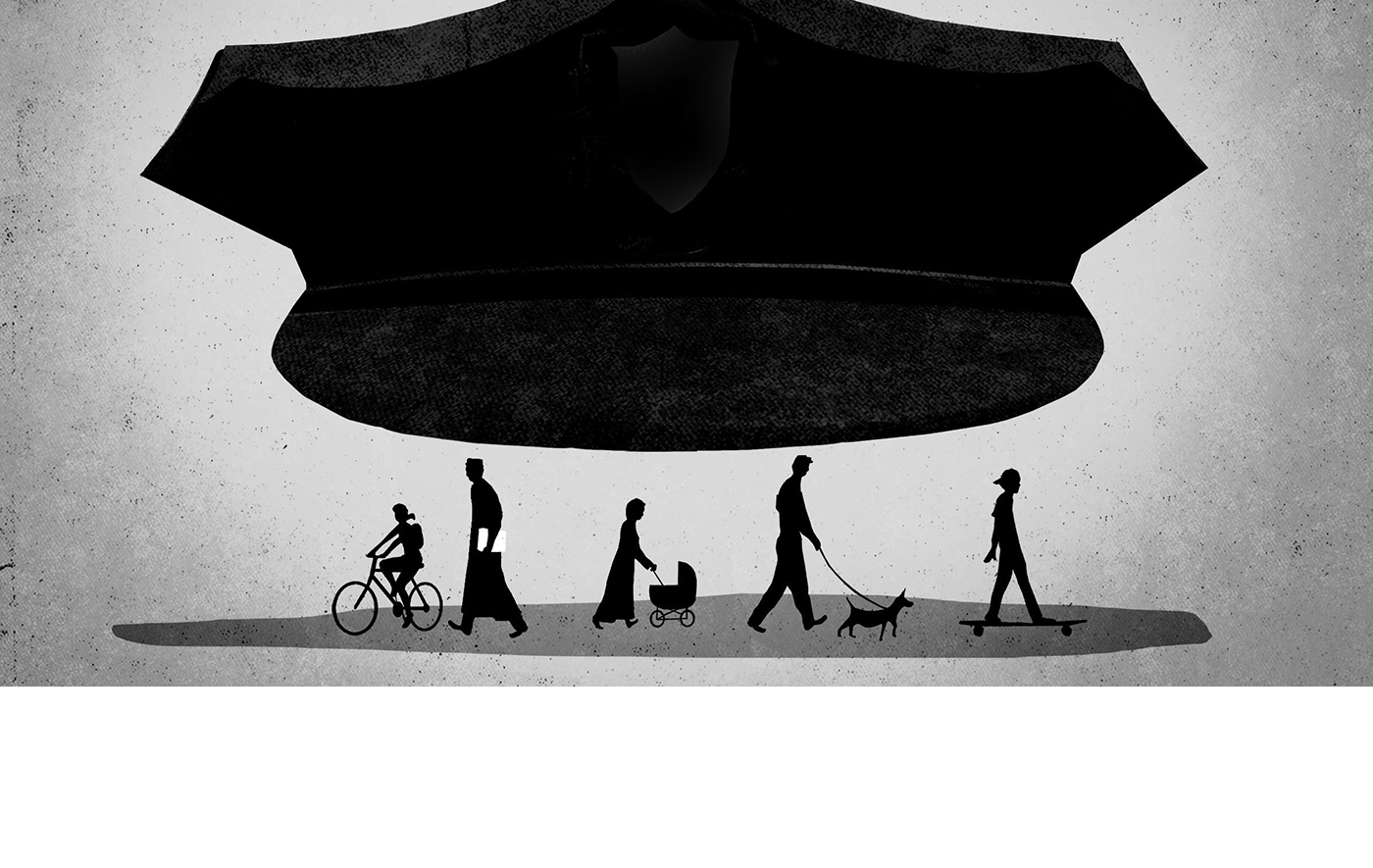In 2016, Germany continued to grapple with the implications of the arrival of 890,000 asylum seekers and migrants in 2015. A number of attacks in July, some inspired by or claimed by ISIS, put the spotlight on the country’s counterterrorism policy.
Authorities sought to respond to a wave of arson attacks on asylum-seeker housing, with federal police reporting more than 850 such attacks between January and mid-November 2016.
Authorities took some steps to address the shortcomings in Germany’s response to hate crimes, including training law enforcement and judicial authorities to improve the investigation and prosecution of racially motivated crimes. In March, a chief judge at a district court sentenced three people to prison for hurling a gasoline bomb into an asylum-seekers’ apartment and pointed to the attackers’ xenophobic and racist motives.
Several changes were made to asylum law and policy. In February, the Federal parliament passed restrictions on family reunification rights for people who do not qualify for full refugee status, and in July, passed a law aimed at integrating refugees, beneficiaries of subsidiary protection, and certain asylum seekers, conditioning access to benefits and permanent residence status on cooperation with language and other integration requirements.
After a series of attacks in July, Germany amended several existing counterterrorism-related laws in an effort to increase coordination among intelligence agencies. Germany’s highest court in April struck down parts of a 2009 counterterrorism law expanding the federal police authority to investigate and gather intelligence on terrorist threats, on grounds of inadequate safeguards to protect privacy.
In October and November respectively, the lower and upper houses of parliament approved a law permitting surveillance of journalists outside the EU, despite extensive criticism of the measure by human rights groups, the OSCE representative on media freedom, and three UN special rapporteurs. Several groups subsequently announced their intention to challenge the law in the constitutional court.
Mass sexual assaults against women in Cologne, Hamburg, and other German cities on New Year’s Eve prompted debate about the police failure to respond effectively to violence against women. In July, Germany made it easier to prosecute suspects of sexual violence by removing a requirement that the victim physically resist assailants in order to bring charges.





